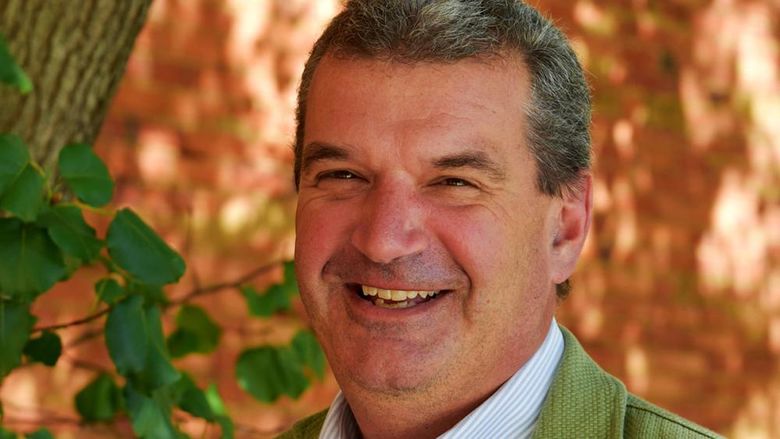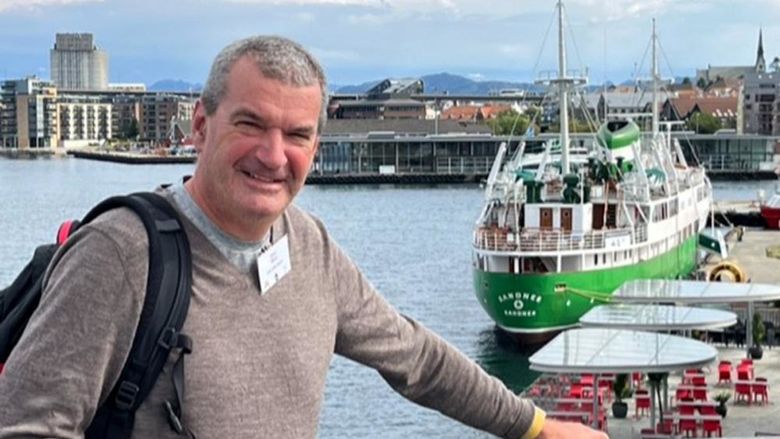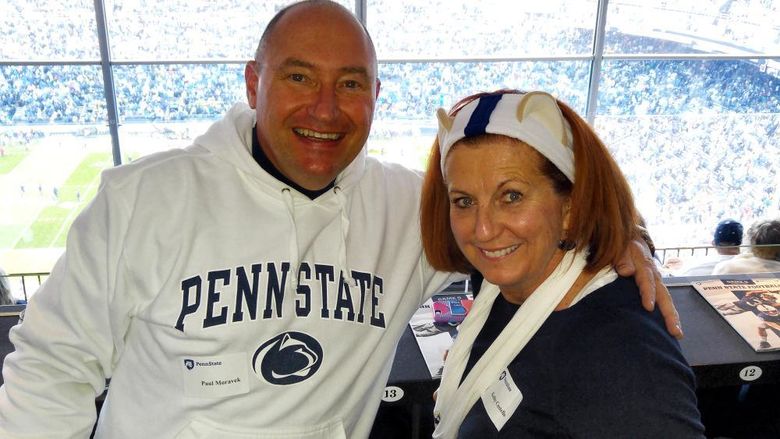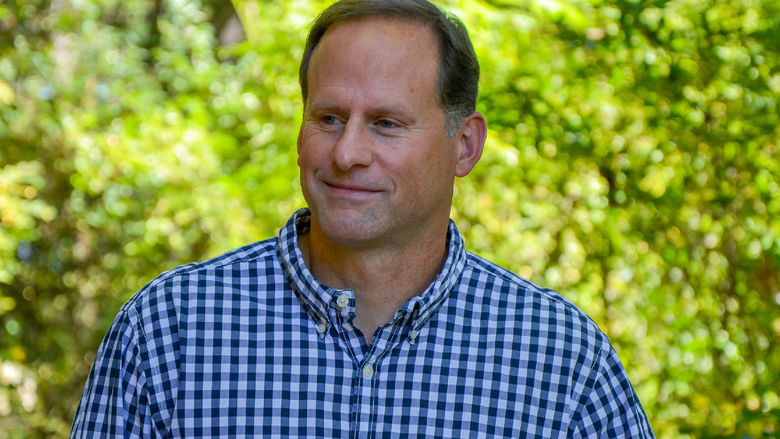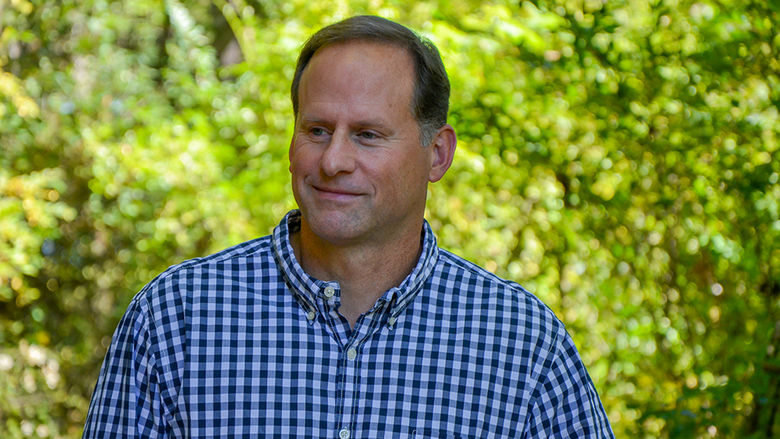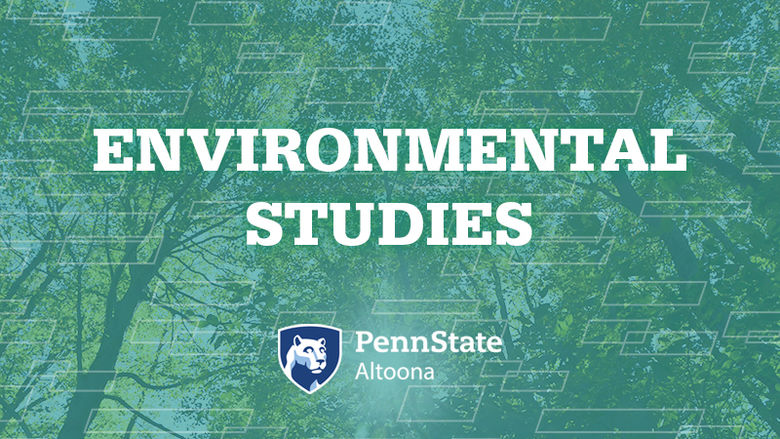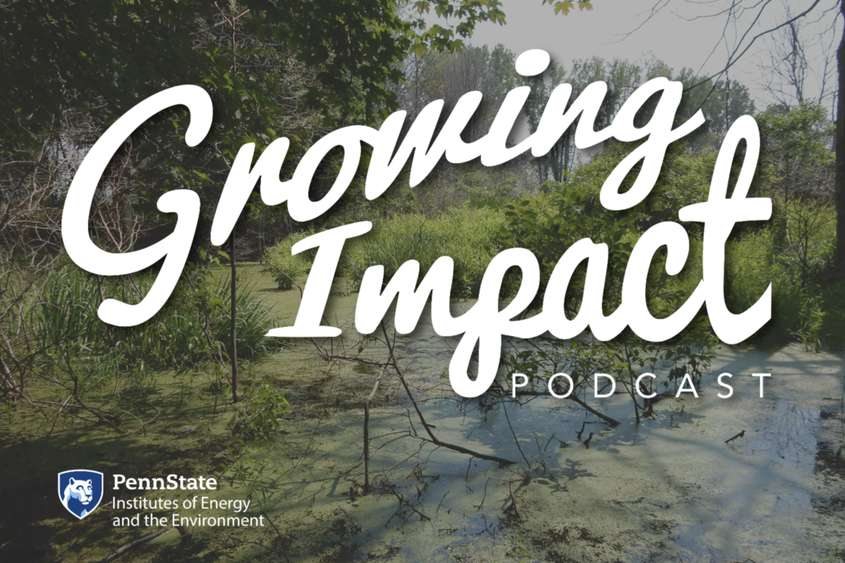
On the latest episode of the Growing Impact podcast, Lisa Emili, an associate professor of physical geography and environmental studies at Penn State Altoona, discusses her seed grant project that focuses on the coastal wetlands of the Great Lakes and the role those environments play in carbon sequestration and climate impact.
UNIVERSITY PARK, Pa. — On the latest episode of the Growing Impact podcast, Lisa Emili, associate professor of physical geography and environmental studies at Penn State Altoona, discusses her seed grant project that focuses on the coastal wetlands of the Great Lakes and the role those environments play in carbon sequestration and climate impact.
“Worldwide, coastal wetlands make up 2% of the surface of the ocean. But the carbon that is captured — that's what decreases climate warming — over 70% of the carbon in the marine environment is stored in coastal wetlands,” Emili said.
According to Emili, there is still a lot to learn about the role of coastal wetlands in terms of the carbon cycle. Additionally, Emili and her team are lobbying to have the Great Lakes wetlands considered part of the coastal carbon stores, even though the lakes are part of a land mass.
“There's a lot of coastal wetlands in the Great Lakes,” Emili said. “We need to look at [the Great Lakes wetlands] as we start to think about how they contribute on a global scale to where our carbon is being held and therefore, how could they potentially release carbon if something happens to those wetlands."
Emili is thinking about how flooding is impacting the wetlands and therefore its carbon stores. She is also mindful that microplastics are changing the way the wetlands are storing and processing carbon.
“When we say carbon now, that carbon footprint of humans has now expanded to plastics,” she said. “So, for me it's really important to link those two.”
Growing Impact is a podcast by the Institutes of Energy and the Environment (IEE). It features Penn State researchers who have been awarded IEE seed grants and discusses their foundational work as they further their projects. The podcast is available on multiple platforms, including Apple, Google, Amazon, and Spotify.
